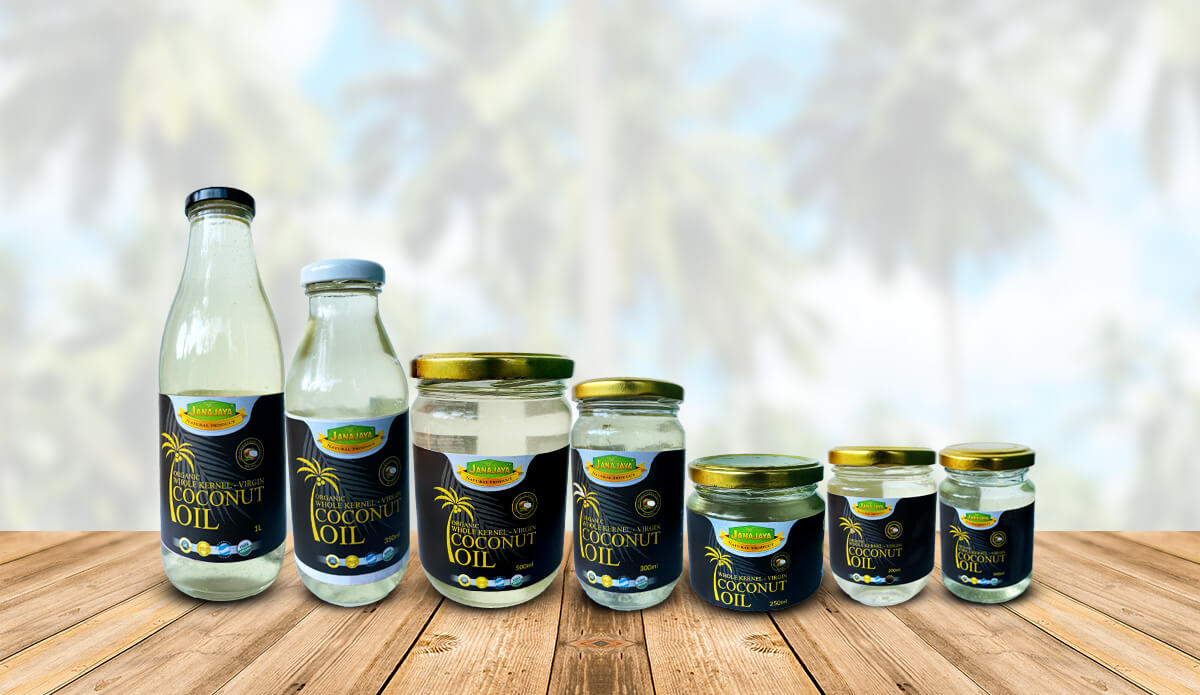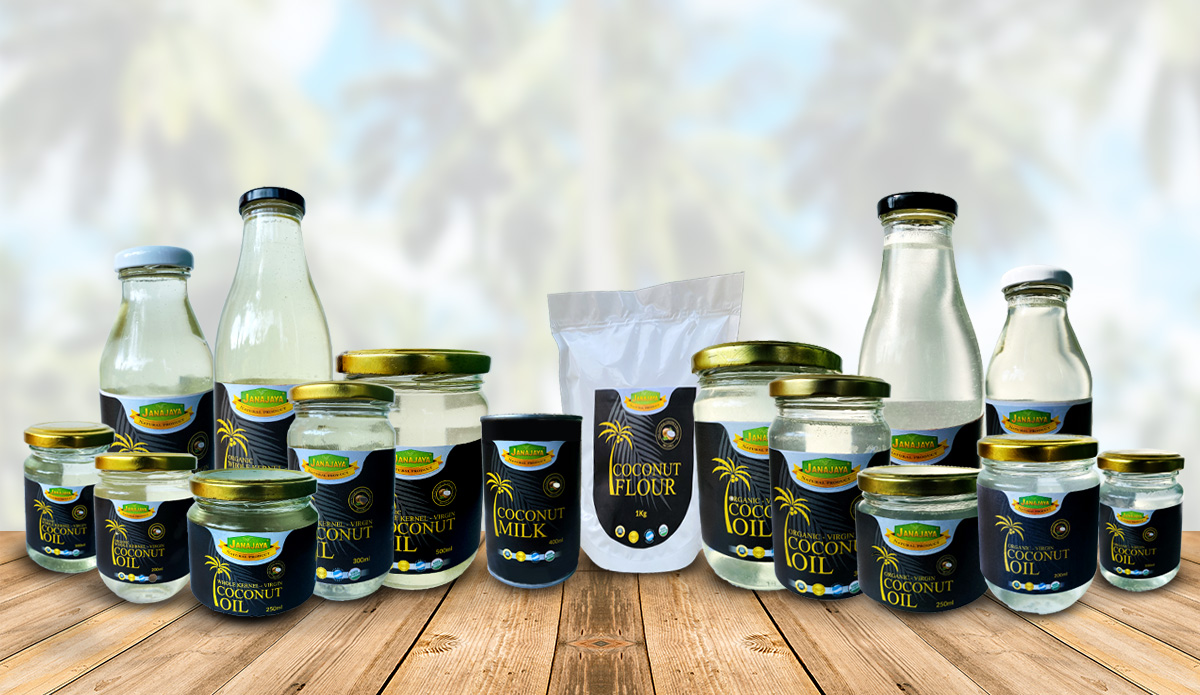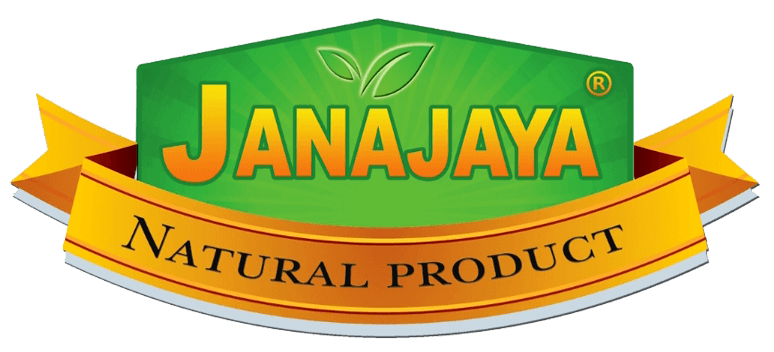


Whole kernel oil Nutrient Chart
| Nutrient | Per 100 ml |
| Calories | 818 kcal |
| Total fat | 90.90 g |
| Fatty Acids Total Saturated | 84.80 g |
| Fatty Acids Total | 4.90 g |
| Fatty Acids Trans Fat | 0 g |
| Cholesterol | 0 g |
| Total Carbohydrates | 0 g |
| Dietary Fibers | 0 g |
| Sugars | 0 g |
| Protein | 0 g |
| Sodium | 0 g |
Size Chart
| Glass Jar | 100 ml |
| 200 ml | |
| 250 ml | |
| 300 ml | |
| 350 ml | |
| 500 ml | |
| 1000 ml |
Whole kernel Virgin Coconut Oil
The main distinction between regular and whole kernel virgin coconut oil lies in the making and extraction. Whole kernel Virgin oil is extracted from the whole kernel got from fresh coconuts. Then it undergoes several processes like fermentation, churning (centrifugal separation), refrigeration, and the enzyme actions after this oil is parted from moisture.
The raw materials and process of extraction of whole kernel virgin oil do not allow any usage of heat. So, it is potent to take extreme care while selecting the kernel and raw ingredient coconut milk should not be exposed to heat or sunlight throughout the complete process. Sometimes whole kernel virgin coconut oil is made directly by cold compression of fresh dried coconut meal called micro expelling.
Whole kernel Virgin coconut oil obtained by cold compression method is considered far better than that extracted by the fermentation method. As the oil obtained by fermentation has high moisture content and can get spoiled faster. During the winter season if you need to melt the oil, take oil in a small glass and place the glass in warm water, never melt it directly on the heat.
